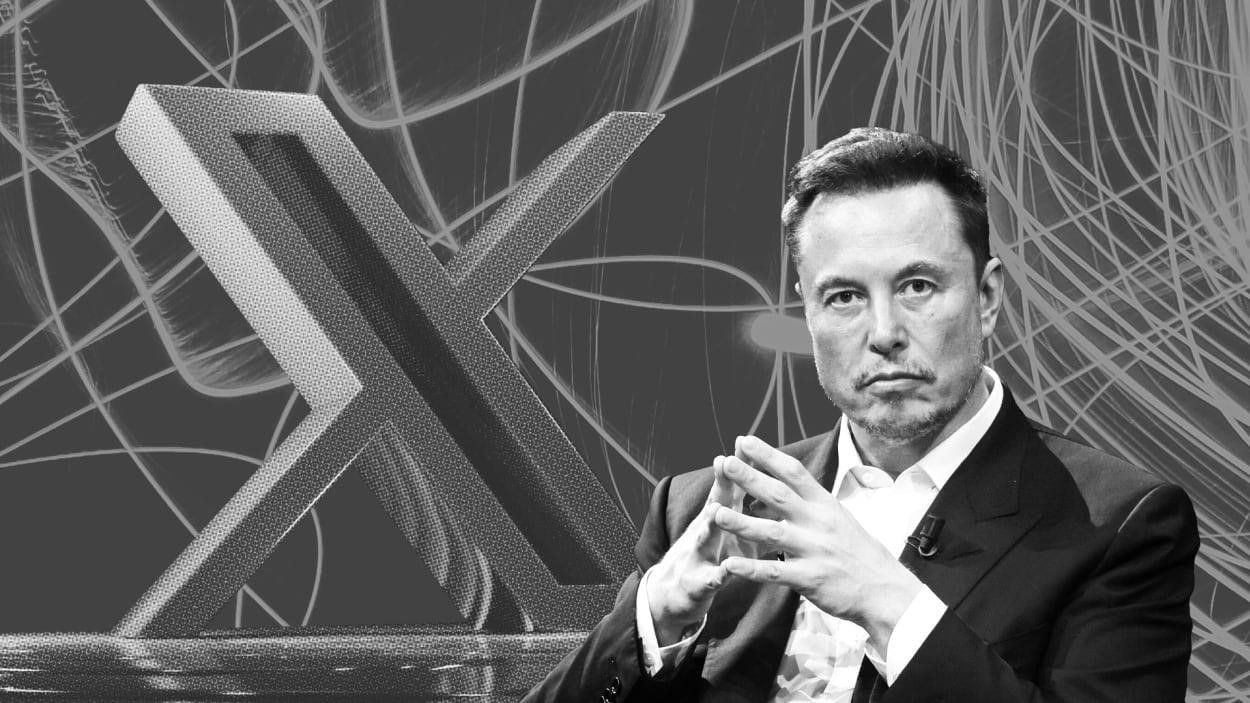By Allan Sloan
If you’re a fan of financial fiascos, you’ve probably been having a great time reading stories marking the recent one-year anniversary of Elon Musk’s troubled Twitter takeover.
By my math, which is based on the value that Fidelity places on the X shares owned by its mutual funds, the massive mess Musk has made of Twitter has cost him $17 billion, a number that hasn’t gotten anything like the attention it deserves.
But rather than going over the now-familiar ground of how Musk messed up, which I’ve covered several times, I’d like to show you something else: how even the smartest investors can hurt themselves by falling in love with the idea of investing alongside a mega-rich, mega-famous business rock star.
It’s pretty funny, if you like dark humor.
When Musk, who is arguably the most successful businessman of our time, said he was going to buy Twitter, 17 accomplished investors including the Andreessen-Horowitz VC fund, Oracle founder Larry Ellison, Sequoia Capital and Ron Baron all lined up to contribute a total of almost $5 billion to get a piece of Musk’s buyout action. (You can find the full list in the chart below.)
Two more big hitters—Fidelity and Saudi Arabia’s sovereign wealth fund—swapped their Twitter holdings for X stock rather than taking the combined $2.21 billion that their stakes would have fetched at Musk’s purchase price of $54.20 a share.
A year after the deal closed, the 19 members of this crew are down about $4.6 billion on their $7.1 billion investment. And they look pretty foolish.
Even the banks that lent $13 billion to X to help fund the Twitter takeover are down about $2 billion because they can’t find investors willing to pay face value for these loans, which the lenders had planned to sell.
I arrived at these numbers via Fidelity, whose stock funds owned a total of $316 million of Twitter stock that they exchanged for X shares. Fidelity had $2.3 trillion of stocks assets under its management as of June 30, so the $200 million of Twitter buyout losses aren’t catastrophic. But they are embarrassing.
Because Fidelity’s funds are bought and sold by investors at prices based on the funds’ asset value, Fidelity does the best job it can to put a value on X, which isn’t publicly traded. So Fidelity updates its X valuation once a month even though X is only a minute factor in the funds’ portfolios.
I use Fidelity’s Contrafund to track the value Fidelity places on X. Contrafund originally valued its X stake at $53.5 million, but in its most recent update, released Sunday, it valued that stake at $18.9 million as of Sept. 30.
I applied that decline—64.7%—to the X shares held by all investors.
FYI, my technique of tracking the value decline that Fidelity applies to its X stake turns out to be the same technique that the Bloomberg Billionaires Index uses to estimate what X holdings contributes to Musk’s net worth. (Bloomberg uses Fidelity’s Blue Chip Growth Fund to track the number, but—as I said—all Fidelity funds use the same valuations on their X holdings.)
Now, to some math. Even though $44 billion is the number you usually see for how much Musk and his coinvestors paid for Twitter, that doesn’t include $2.5 billion of deal-related costs.That makes the total cost $46.5 billion.
If you subtract the $13 billion that Musk had Twitter borrow to help pay for the takeover, it means Musk and his coinvestors paid a combined $33.5 billion for their stock in X. Subtract the $7.14 billion that his coinvestors paid, and you see that Musk paid about $26.36 billion. Apply a 64.7% loss to that, and—voila!—Musk is down a bit more than $17 billion.
What value is Musk placing on the company? According to a story broken by Fortune, the restricted stock units that Musk is offering to some employees value X’s stock at $19 billion.
The big question is whether that $19 billion is above and beyond the $13 billion of debt on the company. Neither the company nor Musk will say. But based on my years of parsing corporate finances, my bet is that the $19 billion is above and beyond the debt. This would value the company at $32 billion, down substantially from the original $46.5 billion.
By contrast, the value that Fidelity is placing on its funds’ holdings of X place the value of the equity at $11.8 billion: 35.3% of the $33.5 billion that Musk and his coinvestors put into the takeover. That would value the company at a bit less than $25 billion.
If Musk is really valuing the company at $19 billion, as many stories suggest, it would mean that the equity is worth only $6 billion after you subtract the $13 billion of debt. Musk et. al. would be down more than 80% on their investment. And that Fidelity’s $11.8 billion valuation of the equity is double what it should be. Somehow, I doubt that’s the case.
When Musk first announced his Twitter takeover bid, his coinvestors said lots of encouraging things.
Among them: “We believe in Elon’s brilliance to finally make [Twitter] what it was meant to be,” Ben Horowitz of Andreessen Horowitz tweeted. “Purchase price really cheap since business had been so poorly run,” Ron Baron said in a CNBC interview. And finally, Saudi Prince Al Waleed bin Talal’s tweet to Musk: “I believe you will be an excellent leader for @Twitter to propel & maximize its great potential.”
Now, of course, they’ve gone silent. In May, when I reached out to all 19 coinvestors with the aid of a Fast Company colleague, none of them would say anything on the record. This time, I didn’t bother to try.
But even though these people don’t have anything to say to me—or by extension, to you—about their losses, I’ve got something to say to them.
The next time you’re tempted to throw massive amounts of money into a deal alongside a high-profile supposed genius like Elon Musk, take a deep breath and think twice before deciding whether to cut a huge check.
(3)









